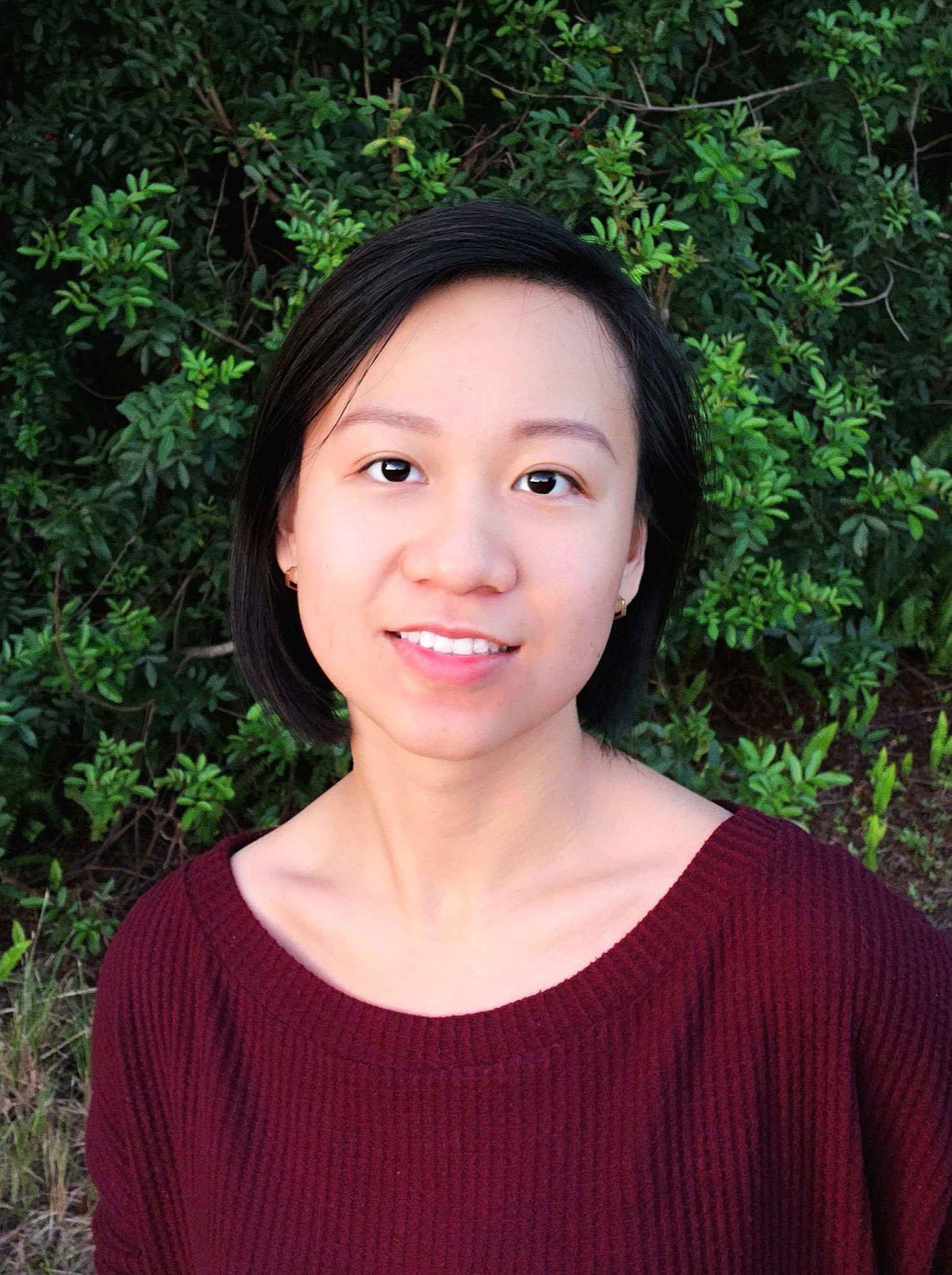
Khanh Ly, Ph.D. 2023, a recent biomedical engineering doctoral alumna, won the Cosmos Club Foundation Scholars Prize for her research in biological and biomedical engineering. The prize includes a check for $25,000 and an opportunity to present her research to the members of the Cosmos Club in Washington, D.C.
While at Catholic University, she was advised and mentored by Christopher Raub, Ph.D., Chair of the Department of Biomedical Engineering. She supported his research on oral mucositis modeling via novel tissue chip development. Ly earned the Scholars Prize on the merits of her dissertation, titled “A Microfluidic Tissue Culture Model of Oral Mucositis Associated with Cancer Treatment.” The research aims to develop a physiologically relevant microfluidic platform, oral mucositis-on-a-chip (OM-OC), that mimics the layered architecture and function of human oral mucosa. Designed to address the limitations of existing 2D cultures, 3D models, and animal systems, this model enables dynamic observation of tissue injury and repair induced by cancer therapies such as cisplatin and radiation. By incorporating epithelial, fibroblast, and endothelial cell layers within a perfused microenvironment, the OM-OC system allows for real-time analysis of cellular damage, barrier dysfunction, and recovery. It also serves as a platform to study the partial protective effects of keratinocyte growth factor (KGF), revealing molecular insights into both the onset and resolution of oral mucositis, and identifying potential therapeutic targets.
Ly said, “All the work was fostered and completed at The Catholic University of America, where I received invaluable support, state‑of‑the‑art resources, and dedicated mentorship from my advisor and all the professors I crossed paths with. The collaborative and intellectually stimulating environment at Catholic University truly laid the foundation for this project’s success and for my development as an independent researcher.”
Ly is currently a postdoctoral cancer researcher at the National Institutes of Health (NIH), National Cancer Institute (NCI), where she is expanding her expertise in cancer biology and immunoengineering. Her current research focuses on exploring how the mechanical properties of the tumor microenvironment influence cancer cell invasion and metastasis. By integrating tumor-mimicking platforms with high-resolution imaging and molecular analysis, her work aims to identify new therapeutic targets that can disrupt the metastatic cascade.
Ly said, “This award is incredibly meaningful to me—not only as a recognition of years of hard work, but also as a signal that innovation at the intersection of engineering and medicine can truly improve patient care. My doctoral research showed that it is possible to replicate complex mucosal injury in vitro, which could lead to more effective treatments and a reduction in suffering for cancer patients. Receiving the Cosmos Scholars Prize not only validates my previous research, but also motivates me to continue pushing the boundaries of biomedical innovation.”
